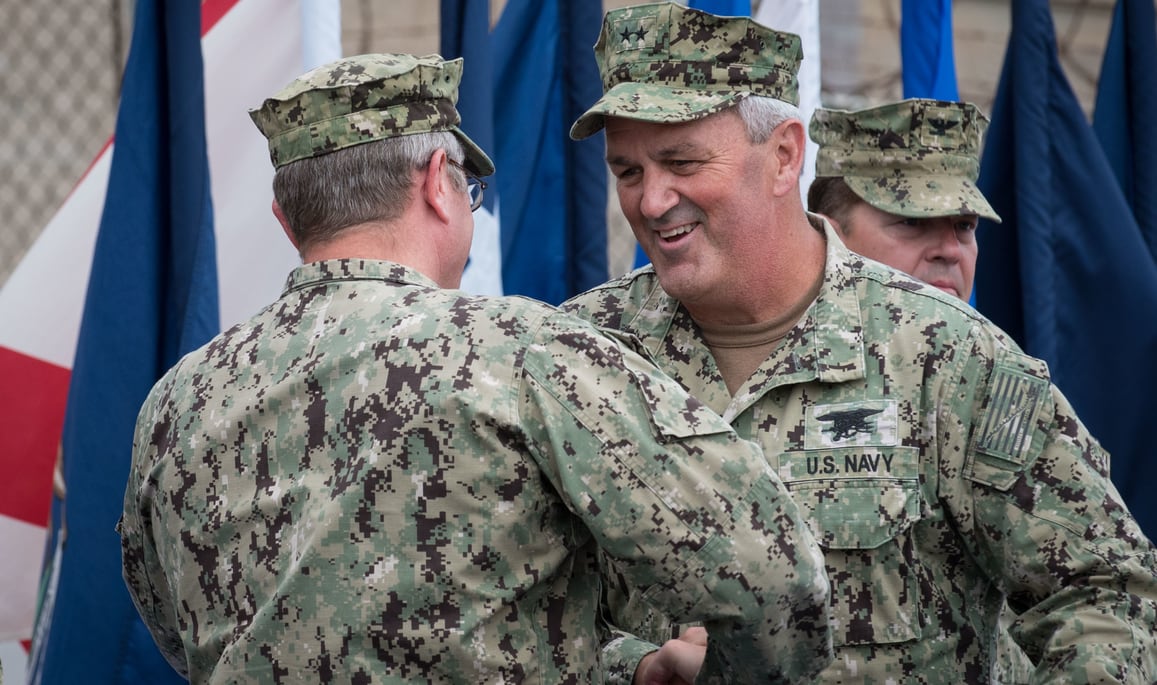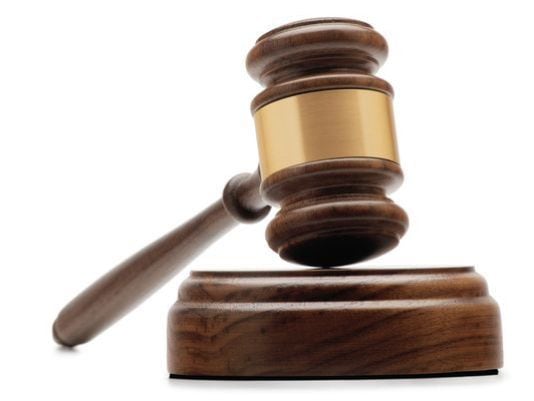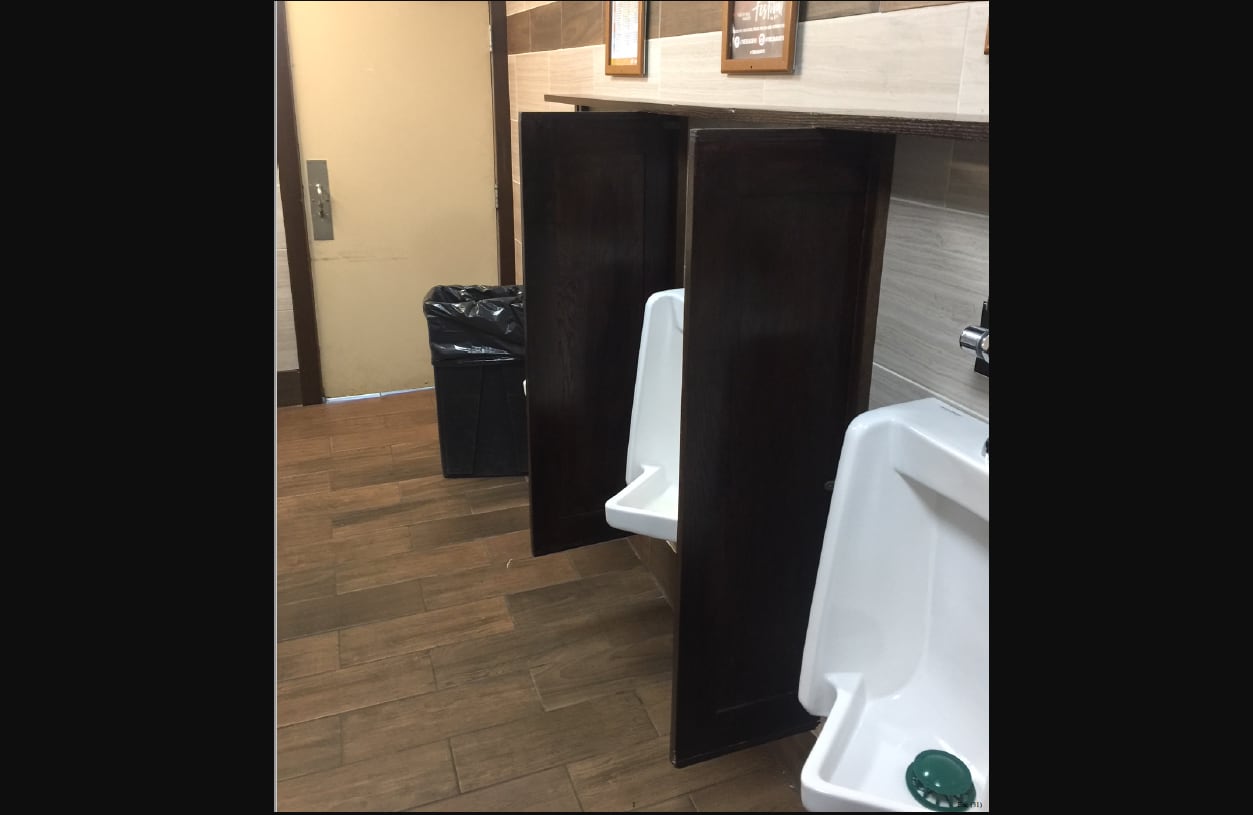Before they were caught last year, several SEAL Team 10 special warfare operators snorted cocaine or spiked their booze with the banned substance, often defeating military drug tests they termed “a joke,” according to an internal investigation obtained by Navy Times.
The Little Creek, Virginia-based command conducted urinalysis testing on April 9 and April 16, 2018, nabbing six SEALs for allegedly abusing cocaine and other banned substances.
Several SEALs told investigators they previously beat the testing program by swapping out tainted urine for clean samples — but they weren’t screened very often anyway.
“I never once got piss-tested on deployment or on the road, where I was using most often,” one busted SEAL said in a statement.
“When I was in Buenaventura, Colombia, I was using cocaine. I think I was the only one of the four SEAL TEAM TEN guys using cocaine there. It was everywhere.”
The names and other details involving the SEALs are redacted in the copy of the investigation obtained by Navy Times following a Freedom of Information Act request.
Citing regulations designed to protect sailors from “an unwarranted invasion of ... personal privacy,” Naval Special Warfare Command spokeswoman Cmdr. Tamara Lawrence declined to name the SEALs netted during the probe or specify the punitive actions taken against them.
But she confirmed that no SEALs went to court-martial in the wake of the urinalysis screening and four were administratively separated from the sea service.
A fifth SEAL “ingested cocaine” at his home on April 15, 2018, and killed himself the following month, the lead investigator wrote.
The sixth SEAL, Special Warfare Operator 1st Class Daniel Boggs, confirmed to Navy Times that he tested positive and lost his trident.
But records provided by Boggs show an administrative board later cleared him of any wrongdoing.
RELATED

Boggs, 34, said he was given the option of remaining in the Navy with a different rating, but he plans on exiting the service.
He insists that he never intentionally used cocaine and suspects he unwittingly drank from another SEAL’s cocktail that was laced with the drug.
At least one SEAL told investigators he would splice his drinks with cocaine while at a popular watering hole.
Boggs echoes other SEALs by saying no one in the team took the urinalysis screening system seriously and that he knew other operators were using drugs. But because he avoided illegal substances, he said he “never had to worry about it.”
In the wake of the probe, SEAL Team 10′s superiors at Naval Special Warfare Group 2 updated the urinalysis program, retrained those who administer the tests and hiked the frequency of the screenings, spokeswoman Lawrence said.
“We now test our operators and combat support personnel while in garrison, TDY for training and when deployed,” she said.
Lawrence also indicated that the command investigation shouldn’t be read as an indictment of the entire special warfare community.
“I will not speculate as to the reasons why these service members made the poor decisions that they did, but I will say that the actions of a few are not reflective of the SEAL code or culture,” she said.
“We have tightened our processes. We are focused on performance and we are proud of our progress.”
In the report, the lead investigator wrote that the command found no evidence that drug use by any of the SEALs led to teammates getting hurt.
But one sailor “during Tactical Ground Movement training may have unnecessarily exposed his teammates to greater training risk.”
RELATED

Despite what often are hectic training and deployment cycles, the investigator who drafted the command report insisted that SEALs should never be exempted from urinalysis screening.
“On deployment, no location should be treated as too remote for testing,” the officer recommended. “No distance or cost should, by its inconvenience, implicitly sanction unlawful drug use or insulate service members from rigid adherence to Navy standards.”
But that was far from the case in mid-2018, according to the investigation. Back then, the testing program “suffered from serious deficiencies, which did not maintain accountability for substance abuse and adversely affected readiness,” the report states.
“Failure to conduct the Urinalysis Program in strict compliance with Navy standards, regulations, and guidance proved corrosive to good order and discipline by allowing drug use to continue undeterred and undetected.”
One SEAL said the system was “easy to cheat” and so there "was no real reason not to use any substance.”
“Most of the time no one had to watch urine leave the hole,” a SEAL told investigators. “It was usually a buddy that would just follow you in and let you piss.”
Because empty urine bottles were left “everywhere," he’d also sneak one filled with clean urine into the bathroom to swap out the pee.
One SEAL said that others stashed clean urine in their gear cages to use if the command popped a surprise test.
Another described a testing system "so relaxed that once an individual saw his name on the urinalysis list, he commonly asked others to urinate for him into a spare bottle, and then set aside the urine in that bottle for later submission as a sample.”
One several occasions, another SEAL “simply dunked the specimen bottle into the urinal water and gave that fluid as a urine sample,” the report stated.
“The specimen he provided on 9 April 2018 was entirely composed of urinal water,” it added.
Another SEAL "was always worried he would ‘piss hot’ after a ‘big weekend,’ but he made no effort to protect against it,” the probe indicated.
One SEAL told investigators that he was never forced to buy his cocaine or other drugs because he received them for free “when he is at local bars."
“Random people would offer me cocaine and I would go with them to use drugs,” he added.
RELATED

One SEAL confessed he used cocaine “while cleaning his gear at his house,” according to the investigation.
Another SEAL who admitted snorting coke in Colombia also recalled years of drug abuse in the United States.
He told investigators that “he ‘partied’ with five service members from (SEAL Team 10)” during a stint at sniper school in September 2017 and also abused drugs during training for armorers in Indiana.
Back home in Virginia Beach, he’d mix cocaine into an “orange crush” drink while hanging out at The Shack, a local bar popular with SEALs, according to the report.
He described buying two of the cocktails to bring to the tavern’s restroom. Once at a stall, he’d dump cocaine into one of the drinks before returning to the bar.
“My normal process was to quickly consume the drink with the cocaine in it, then sip from the other drink so I didn’t have to carry two drinks around,” the SEAL admitted.
“If there was any ice or anything left in the cup from the Orange Crush with the cocaine, I poured the remainder into the other untouched Orange Crush and sipped from that one until the next round.”
The SEAL “stated that he never touched cocaine with his fingers because of its sticky residue" and instead "always used something to scoop the cocaine into his beverages as he stood at the urinal, such as a credit card, or he poured it directly into his ‘Orange Crush’ from the small plastic bag.”
The report indicated that the cocaine “made him very aware of his actions and very interested in conversation with members of the group" and the way he ingested the drug "at the Shack seemed well-rehearsed and calculated.”

The SEAL’s disciplinary review board records are included in the investigation.
The team’s command master chief convened the DRB in May 2018, after the SEAL used cocaine shortly before both urinalysis sweeps, according to the records.
“Member took full responsibility for his actions and openly admits to using cocaine and (ecstasy) numerous times a week for the last three years,” the documents indicate.
He also confessed to using cocaine throughout pre-deployment training, except for a land warfare segment at Fort Chaffee Joint Maneuver Training Center in rural western Arkansas.
“Apparently, cocaine is hard to find in (Arkansas),” the board’s notes state.
The board recommended he receive non-judicial punishment consisting of reduction in rank and forfeiture of half his pay for two months.
The SEAL’s wife left him and took their three kids across the country in February 2018 due to his “continued drug use" but he also entered substance abuse treatment to get help, according to the DRB records.
Geoff is the managing editor of Military Times, but he still loves writing stories. He covered Iraq and Afghanistan extensively and was a reporter at the Chicago Tribune. He welcomes any and all kinds of tips at geoffz@militarytimes.com.





